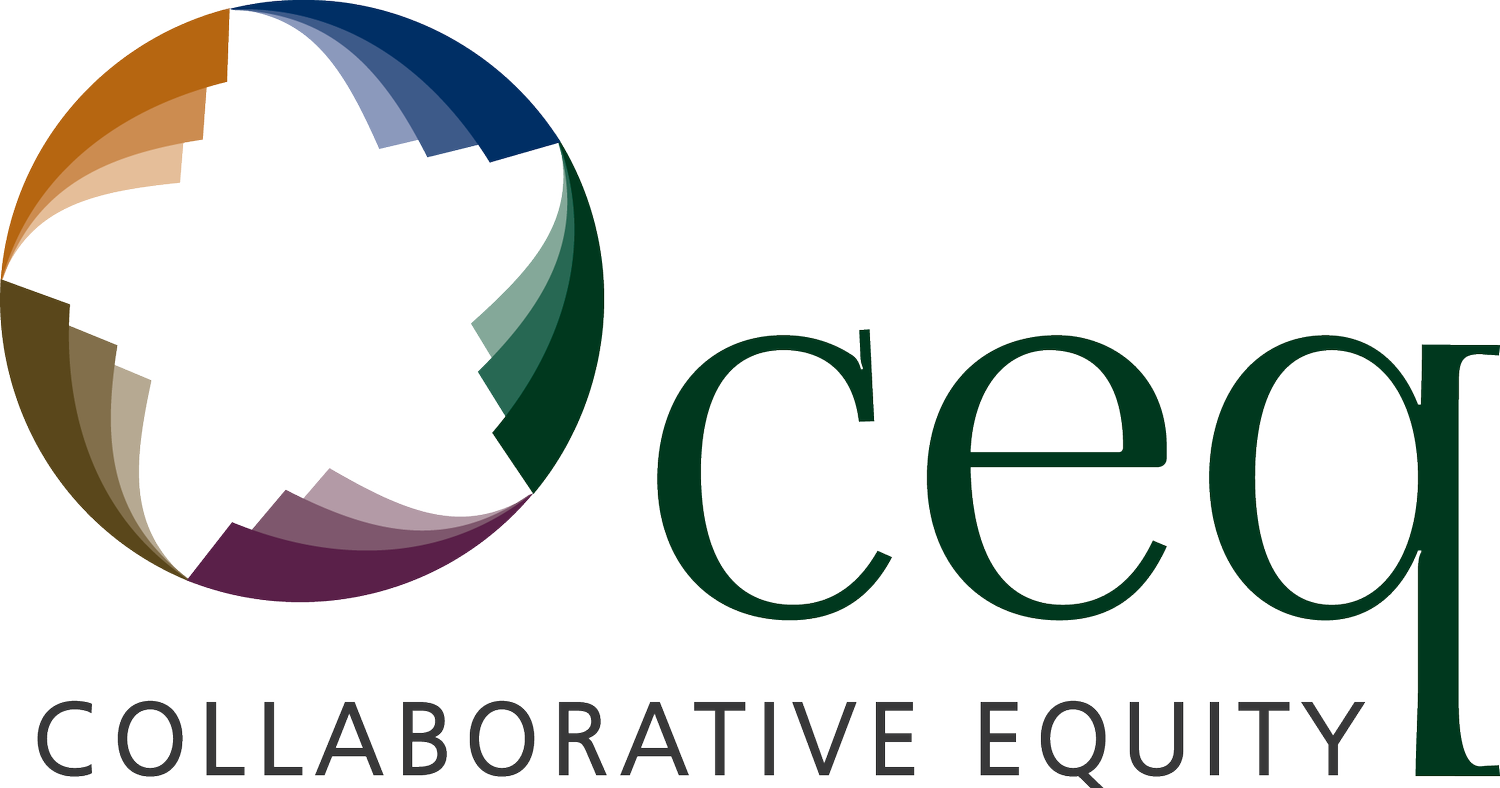Vulnerability
/Much is written on the subject of vulnerability nowadays, and that’s fantastic. It can only be a good thing that vulnerability is more widely feted as a positive attribute for leaders and managers and is therefore more openly embraced within the corporate world. However, Corporatism is brilliant at surviving; at learning how to look like it’s embracing modern, more enlightened leadership concepts and then at manipulating corporate citizens into a corporately acceptable version.
Vulnerability is quite a modern phenomenon in business. It is increasingly being promoted as a good thing for leaders to demonstrate, and many enlightened leaders have embraced at least the concept of showing vulnerability in front of their employees. But I’ve seen too many examples of leaders devising manufactured strategies for showing vulnerability, which sort of misses the point. The self talk goes, ‘I know I need to show vulnerability, but I need to do so in a way that I can control and that actually makes me look strong and not weak’
I am not interested in a manufactured vulnerability as part of an overt strategy to appear more human. I’m interested in the true human vulnerabilities of flaws, mistakes, uncertainty, tiredness – of struggle.
Our corporate cultures have come to eschew struggle – it simply doesn’t feel safe for people to get things wrong or to show weakness or hesitancy or indecisiveness, yet these are naturally occurring states in any path of learning and any path to arriving at the best possible strategy, particularly when we are setting people very stretching objectives, and when external events can de-rail us at any moment. We have to celebrate struggle; we have to seek it out, welcome it and reward it. We simply have to stop punishing people for struggling, and as leaders even if we are not overtly creating threat conditions around struggle, we have to acknowledge people’s fears of appearing weak.
This also means we simply have to make it ok for people to express emotions at work. I’ve witnessed an almost systemic denial of human emotions in the corporate workplace, to the extent where we’ve become scared of doing things that will predictably evoke strong emotions. Human emotions are both beautiful and profoundly effective. Bring them on. Human beings are naturally messy, emotional, clumsy, imperfect. Corporatism desperately tries to condition these unhelpful and inconvenient dynamics out of its employees. But Human beings are also fabulously talented, creative, extraordinary and resourceful, and Corporatism loses most of this amazing potential in the process.
If you really want to demonstrate vulnerability as a leader, do 2 things habitually. Firstly say ‘I don’t know’ or ‘I’m not sure’ more frequently (or in many cases that exhortation should probably say ‘start saying……’ Secondly, share information that makes you feel uncomfortable, out of control, awkward and vulnerable to criticism from commentators. The leader that truly embodies vulnerability is the one that truly trusts the whole community to do what’s best – and notice if you are going to do that, how much you should focus on creating the environment for all stakeholders to understand and embrace the purpose, the values and the plan.
Finally the greatest way of forcing vulnerability into the open is to make everything possible transparent.
A lack of transparency fostered through a fear of breaching confidentiality or of somehow skewing behaviours under observation actually means that we promote secrecy, and this is fundamentally what allows unnatural, inhuman and at times, abusive behaviours to go unwitnessed. Leaders have to create and then nurture a working environment that allows people to be human, developing skills in observation, coaching and facilitation. And rather than introducing vulnerability as a quasi-manufactured device, designed to show authentic leadership and trustworthiness, the vulnerability that comes with transparency is real and palpable.
As a leader I promote the maximum transparency in terms of the sharing of facts, since I have a profound belief that it is the community as a whole that can best solve the problems at hand, and thus move us collectively more efficiently towards our goals in service of our mission.
About the Author: Gareth Chick is a 40 year corporate veteran with a global profile. His career has included hugely successful spells as CFO, CEO and Chairman in both public and private sectors, including private equity. What makes Gareth's experience unique is that he combined those executive roles with a part time career as a leadership trainer, researching psychology, neuroscience and psychotherapy to create leadership development programmes used now by many major global corporations. In the last 15 years Gareth has trained over 5000 managers and served as Executive Coach to over 200 senior execs including FTSE100 CEOs and Fortune 500 VPs. As Founder of Collaborative Equity LLP, “promoting corporate cultures and sustainable business models of shared ownership, shared responsibility and shared rewards", Gareth acts as consultant to many global leaders, specialising in first time CEOs and Start Up founders. ↠ find out more at ceq.com



